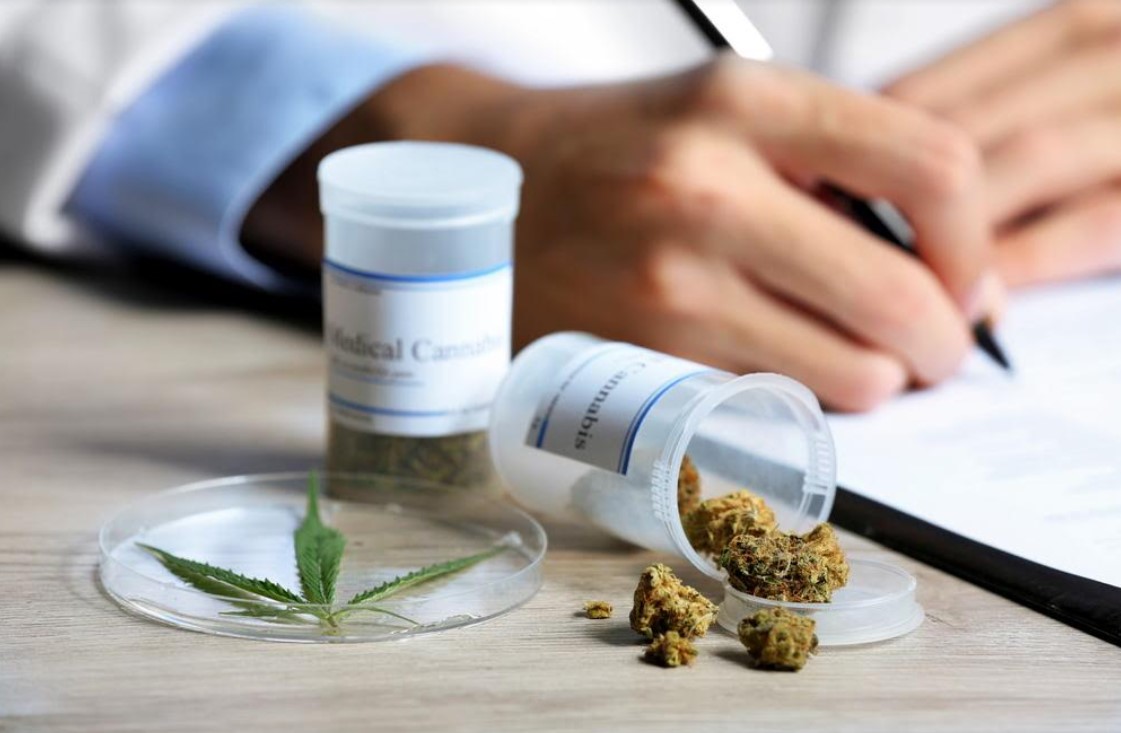
Over the past few years, medical marijuana has gained more acknowledgment as a feasible substitute for addressing an array of ailments. With the growing acceptance and legalization of medical cannabis in many states across the United States, it’s essential to understand who qualifies and how to get your medical card. Utah based experts at pain clinic KindlyMD say that it’s important to seek advice from your doctor before you apply.
What Is Medical Cannabis and How Does It Work?
In order to fully comprehend the process of obtaining a medical card and meeting the necessary qualifications, it is essential to first grasp the concept of medical cannabis and its functionality. Medical cannabis refers to utilizing the cannabis plant or its derivatives for managing or treating specific medical ailments.
Cannabinoids, which are present in cannabis, affect the endocannabinoid system of the body. This system regulates vital physiological processes, including sleep, mood, appetite, and pain. Medical cannabis may serve as a remedy for those afflicted with chronic pain, multiple sclerosis, epilepsy, and other illnesses.
Who Qualifies for a Medical Cannabis Card?
Medical cannabis laws and regulations vary by state. However, some common qualifying conditions include:
- Cancer
- Glaucoma
- HIV/AIDS
- Crohn’s disease
- Parkinson’s disease
- Multiple sclerosis
- Epilepsy
- Chronic pain
Remember that this list is not comprehensive, and certain states may have supplementary eligibility criteria. Be sure to consult your state’s specific guidelines for a comprehensive understanding of eligibility.
The Process: How to Get a Medical Card
The process for obtaining a medical cannabis card generally follows a similar pattern across states, with minor variations. Here’s a step-by-step guide to help you navigate the process:
- Consult a Qualified Healthcare Professional: To begin the process, book an appointment with a healthcare provider who is enrolled in your state’s medical marijuana program. Following a thorough assessment of your medical condition, they will assess whether utilizing medical cannabis is a viable treatment choice.
- Obtain Medical Documentation: If your healthcare professional determines that you qualify for medical cannabis, they will provide you with the necessary medical documentation.
- Complete Your State’s Application Process: With the medical documentation in hand, you can proceed to complete your state’s medical cannabis card application.
- Wait for Approval: After submitting your application, you’ll need to wait for your state’s medical cannabis program to review and approve it. The processing time can vary by state.
- Receive Your Medical Card: Once approved, you’ll receive your medical card, which will allow you to access medical cannabis from licensed dispensaries within your state.
Important Tips for Medical Cannabis Cardholders
As a medical cannabis cardholder, it’s essential to be aware of your responsibilities and the regulations surrounding medical cannabis use in your state. Here are some helpful tips to keep in mind:
- Stay Informed: Regulations around medical cannabis can change, so it’s crucial to stay up to date with your state’s guidelines and any updates to the program.
- Follow Your Healthcare Professional’s Recommendations: Always adhere to the prescribed dosage and usage guidelines provided by your healthcare professional.
- Store Your Medical Cannabis Properly: Keep your medical cannabis in a secure, locked location that is out of reach of children and pets.
- Don’t Share Your Medical Cannabis: Medical cannabis is prescribed specifically for your medical condition and sharing it with others is illegal.
- Know Your Rights: Familiarize yourself with your state’s laws and protections for medical cannabis cardholders. This knowledge will help you better understand your rights and avoid any legal issues.
To conclude, obtaining a medical cannabis card requires careful consideration of your eligibility, consultation with a qualified healthcare professional, and adherence to your state’s specific application process.



